Whether on personal health, politics, or climate change, we are constantly bombarded with more numerous 'breaking news' articles than we have time for. In such an environment, how can we tell which to read, or which is even true.
Science of the Earth, Climate and Energy helps readers understand major issues that affect us individually and the world as a whole.
In language that a non-scientist can follow easily, the book first explains the general principles of science, its nature and how it works, with a certain degree of emphasis on the meaning of the words "uncertainty" and "fact, before it goes into the related topics of the earth, its climate and energy sources at a level that does not require a background in science. Finally, the book addresses what individuals and societies can do to mitigate problems associated with both climate change and limited resources.
Related Link(s)
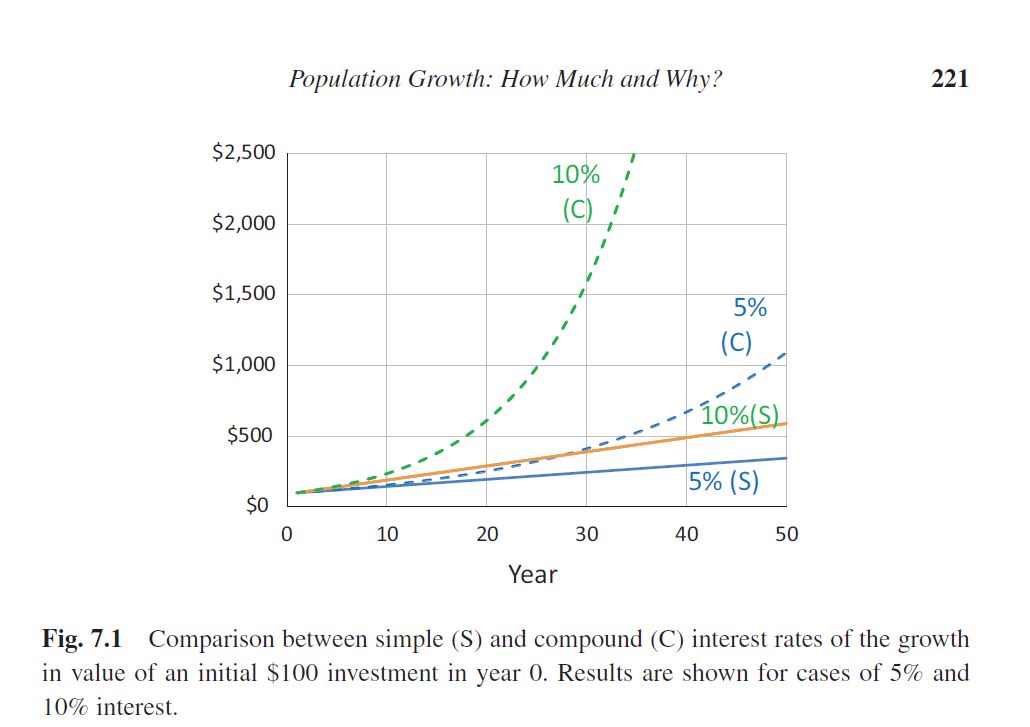
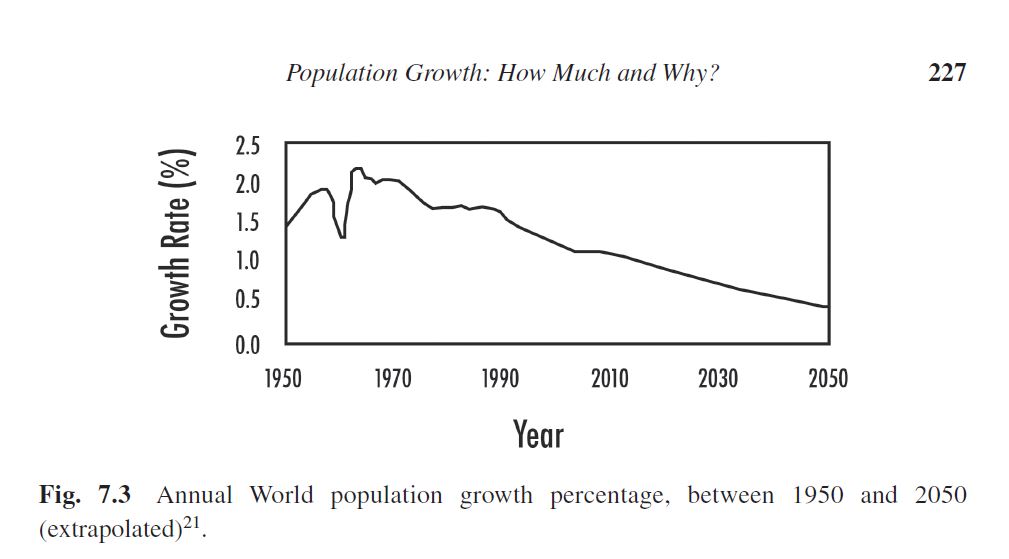
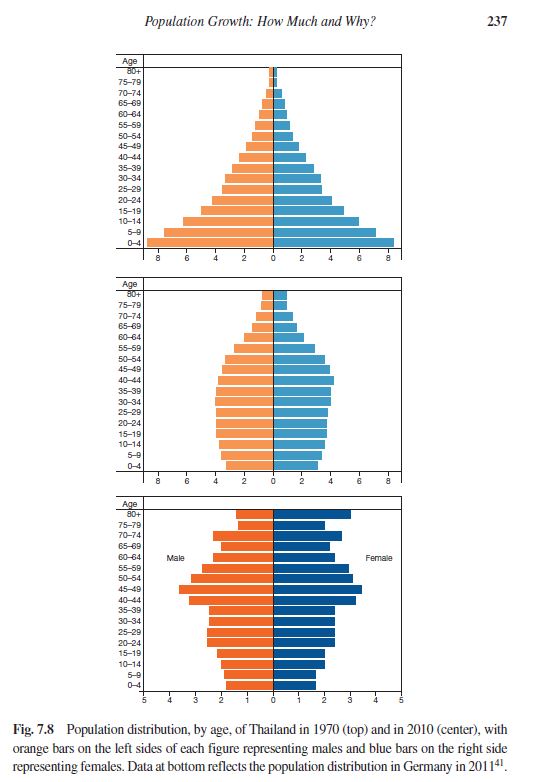
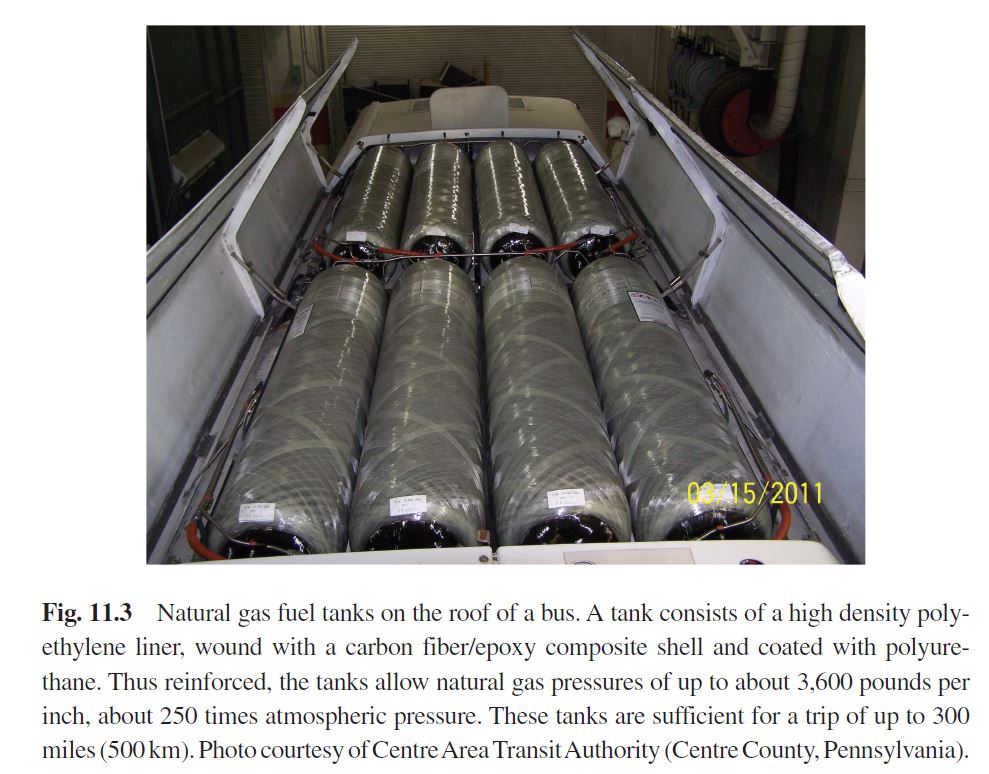
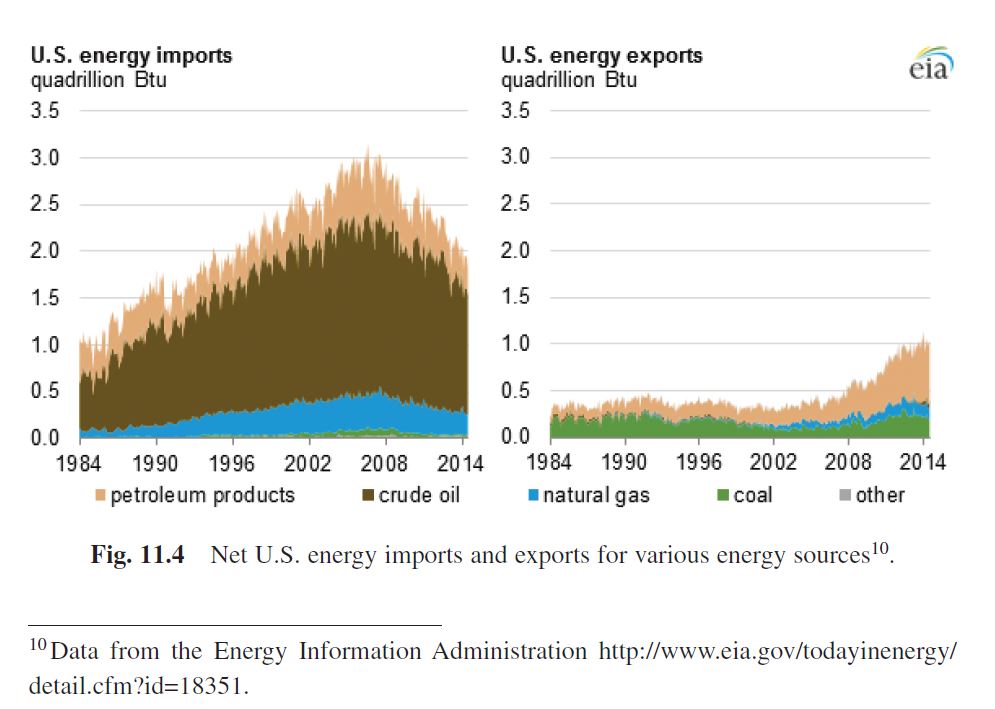
Sample Chapter(s)
Chapter 1: Introduction
Contents:
- Introduction
- How Science is Done
- Energy, Light and Machines
- The Earth
- Climate and Temperature — General Principles
- Climate Change in the Past and Future
- Population Growth: How Much and Why?
- Overview of Fossil Fuels
- Coal, Clean Coal and Carbon Sequestration
- Petroleum
- Natural Gas and Fracking
- Nuclear Energy
- Renewable Energy Sources
- What Can We Do? Take Action!
- Epilogue
Readership: Members of the general public, support staff to policy makers, and decision makers who wish to have a clear grasp on issues regarding the environment and energy, and who may not have any background in the sciences.
"The book is targeted as a General Education textbook for college level teaching. As most good General Education textbooks, the book can also be used as a general education tool for the general public, before and after college education, that wish to familiarize themselves with energy related science. [...] The book is well written with minimal emphasis on quantitative analysis ... I highly recommend this fascinating new book."
Professor Micha Tomkiewicz
Brooklyn College and School for Graduate Studies
City University of New York

Milton W Cole is Distinguished Professor of Physics at Penn State University. He is a co-author of Physical Adsorption: Forces and Phenomena (Oxford, and Dover) and Applications of Modern Physics in Medicine (Princeton). A former Fulbright Scholar at Oxford University, Cole won the 2001 National Academy of Sciences Award for Scientific Reviewing. He is co-translator from the French of a play, The Bomb and the Swastika, written by Amand Lucas (Crossocean Publishing).

Angela D Lueking is Professor of Energy and Mineral Engineering and Chemical Engineering at the Pennsylvania State University, and is a visiting scientist at the National Science Foundation. Along with core engineering courses, she teaches a project-based sustainability course, and is interested in supplementing traditional graduate education with outreach to K-12 students. Her research on material development for energy efficient technologies led to her selection as an International Marie Curie Fellow in 2013. Prior to her academic career, Angela worked as an Environmental Engineer in industry, where she led several environmental initiatives including chemical management, air-permitting, and environmental training.

David L Goodstein is Professor Emeritus of Physics and Applied Physics at the California Institute of Technology, where he served as Vice-Provost between 1988 and 2007. He is the author of many books, including most recently On Fact and Fraud: Cautionary Tales from the Front Lines of Science (Princeton), Out of Gas: the End of the Age of Oil (Norton) and Climate Change and the Energy Problem (World Scientific). He is the recipient of the Oersted Medal of the American Association of Physics Teachers and the John P McGovern Medal of the Sigma Xi Society. He is a founding member of the Board of Directors of the California Council on Science and Technology.

































